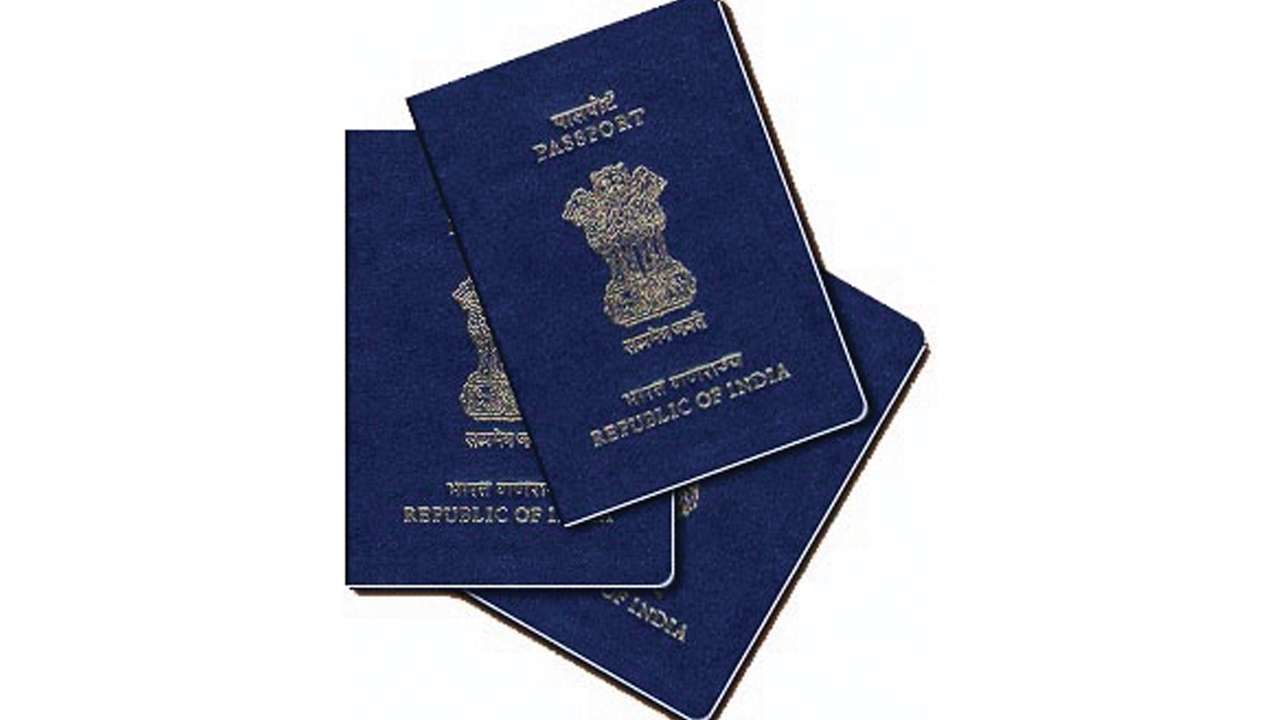
At a time and age, when Indians are among the most prolific travellers globally, the passport is as essential an item as any other piece of documentation.
It is the virtual lifeline for an Indian going overseas and its importance can scarcely be underestimated. It becomes important for a government, therefore, to constantly upgrade this vital piece of document, taking into account security considerations.
The Ministry of External Affairs’ announcement that it is working on chip-enabled e-passports with advanced security features as part of its pursuit of reforms to deliver citizen-centric services is most welcome. The ministry has initiated discussions with the India Security Press in Nashik to work on these chip-enabled passports. If their announcement is anything to go by, then the project for the issue of such passports is going to be taken up on an urgent basis.
A security chip will make the task of tracking a passport simpler. India issues more than one crore passports every year, which in volume terms is only second to China. The Indian government has introduced a number of reforms for the delivery of passports - from the simplification of passport rules to the launch of Passport Seva Kendras.
The Ministry of External Affairs along with the Department of Posts has opened 505 Passport Seva Kendras since January 2017. It makes it easy for citizens not to travel far to submit applications. Of the many reforms to simplify what was once a complex process, one of the most significant is the acceptance of self-attested documents.
The process of procuring passports for minors by single parents, as well as by separated or divorced people, has also been made easier. The Modi government needs to be given the credit for carrying out the most extensive passport reforming measures thus far. Linked to technology by Digital India, it has helped to enhance value all around.